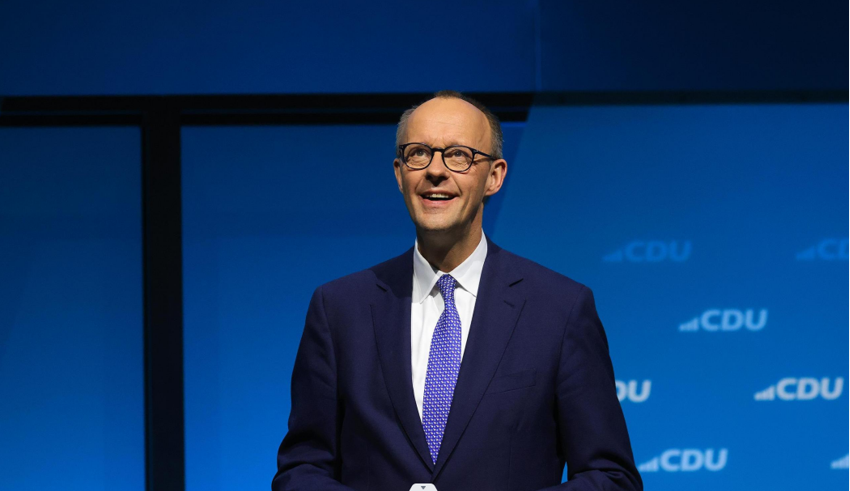Germany’s political landscape is undergoing a significant transformation as the Social Democratic Party (SPD) has approved a coalition agreement with the conservative Christian Democratic Union (CDU) and its Bavarian ally, the Christian Social Union (CSU). This agreement sets the stage for Friedrich Merz to assume the role of Chancellor on May 6, 2025, succeeding Olaf Scholz.
The coalition arrangement grants the SPD control over key ministries, including finance, defense, and justice, while the CDU/CSU will oversee other critical portfolios. Despite the SPD’s worst electoral performance since 1887, securing only 16.4% of the vote, their participation is essential for a parliamentary majority that excludes the far-right Alternative for Germany (AfD), which finished second with 20.8%.
Merz’s administration is poised to implement bold economic reforms, including a constitutional amendment to exempt defense spending above 1% of GDP from Germany’s strict debt limits. This move aims to bolster defense capabilities and support military assistance to Ukraine, though it has raised concerns among economists about potential inflation and increased national debt.
The new government also plans to establish a €500 billion special fund to invest in infrastructure and climate neutrality initiatives, signaling a commitment to modernizing Germany’s economy.
As Merz prepares to take office, he faces the dual challenges of navigating a complex coalition and addressing pressing domestic and international issues. The coming months will be critical in determining the direction of Germany’s political and economic future.



